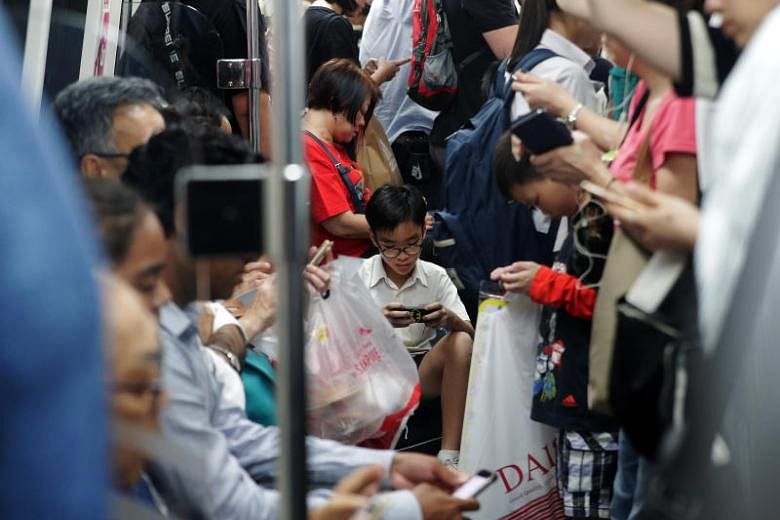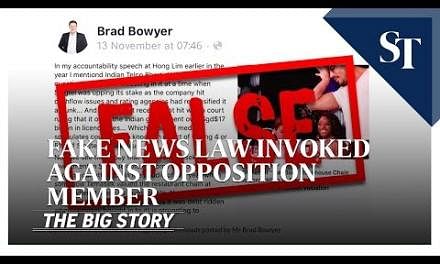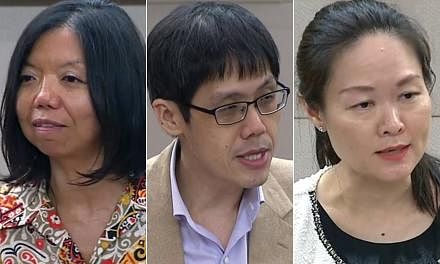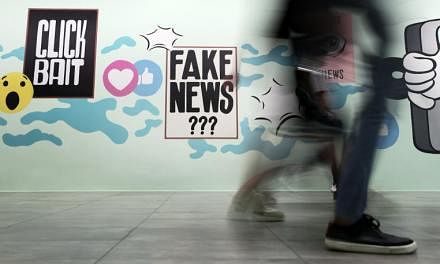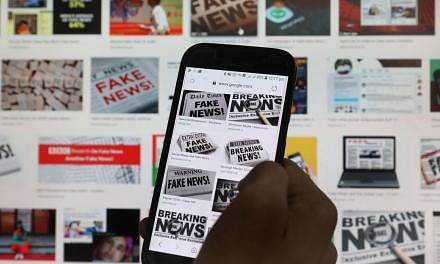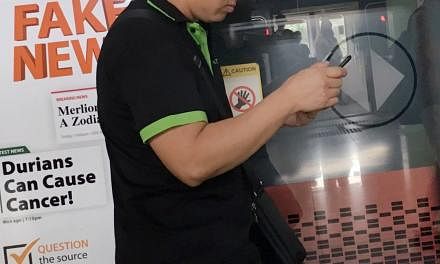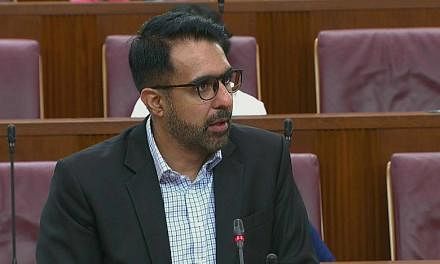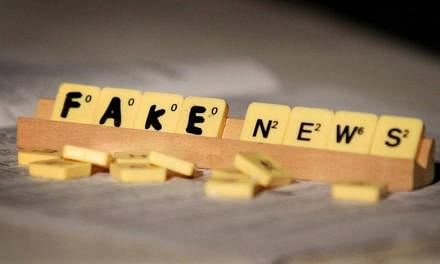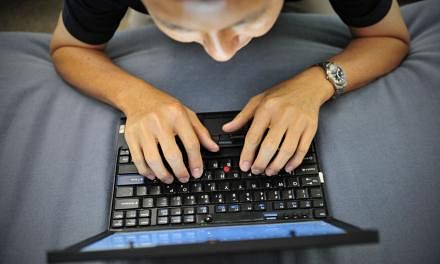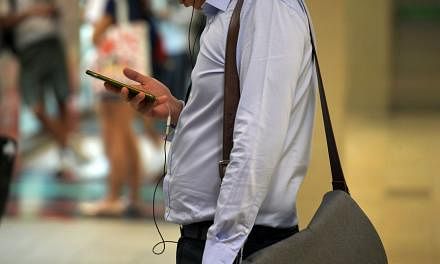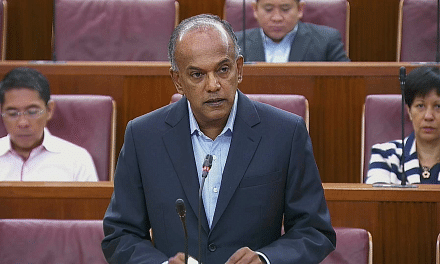SINGAPORE - A Bill to tackle the spread of online falsehoods was introduced in Parliament on Monday (April 1), with Singapore set to become among the first countries to take steps to legislate this increasingly serious problem.
The Protection from Online Falsehoods and Manipulation Bill seeks to protect society from damage by online falsehoods created by "malicious actors", the Ministry of Law (MinLaw) said.
Here are seven things you need to know about the proposed legislation, which Parliament is set to debate in the coming months.
1. How does the Bill define falsehood?
The new law, if passed, is aimed at providing the Government with powers to act against online falsehoods to protect public interest.
A falsehood is defined as a statement of fact that is false or misleading.
It does not cover opinions, criticisms, satire or parody, which the public can continue to upload and share.
The Bill lists several definitions of public interest: Singapore's security; to protect public health, public finances, public safety or public tranquility; Singapore's friendly relations with other countries; to prevent influence on the outcome of an election or a referendum; to prevent incitement of feelings of enmity, hatred or ill will between different groups of people; or to prevent a diminution of public confidence in public institutions.
Examples of statements of opinion that are not covered: "The Government is to blame for rising inequality"; "Singapore's institutions and policies are often elitist"; "Recent lapses by the Government show that standards are slipping".
Examples of statements of fact that will be covered if found to be false: "The Government has declared war against Singapore's neighbours"; "Bank X has lost $20 billion"; "Foreign workers vandalised several places of worship across Singapore".
2. What will happen if a falsehood is identified?
For action to be taken, there are two criteria that must be met - there must be a false statement of fact, and it must also be in the public interest for the Government to take action.
The minister, advised by his officials, will decide whether something is a falsehood and assess its impact on public interest.
Once that judgment is made, the ministers will work with the competent authority within the Info-communications Media Development Authority of Singapore on the action.
This could include an order to run a correction alongside the falsehood or to take it down. It can also involve blocking certain accounts and sites that are spreading the falsehood.
People who re-share the falsehood, especially those who are prominent and have a wide reach, could also be asked to put up a correction or take down the falsehood as they bear a greater responsibility to be careful with the content that could undermine society.
MinLaw said research has shown that corrections work and are an important antidote to falsehoods.
Website owners will have to ensure that those who read the falsehood also see the correction.
Corrections will be the primary action of the Bill. But in more serious cases, take-down orders may be issued to remove the falsehoods online.
Corrections are also not criminal sanctions.
3. When will criminal sanctions apply?
Only "malicious actors", or those who act deliberately to undermine society using falsehoods, will be subject to criminal action.
Those who deliberately spread falsehoods online, knowing it can influence the outcome of an election, can be fined up to $50,000, jailed for up to five years or both, if found guilty in court.
Those who use bots to amplify the spread of falsehoods will be subject to more severe punishments. They can be fined up to $100,000 and jailed for up to 10 years.
The courts will have the final say on what is false. This means that any decision by the Government on what is false can be overridden by the courts on appeal.
4. How else can the Bill prevent fake news from spreading?
Fake online accounts or bots that spread falsehoods against the public interest can also be disabled.
MinLaw said this targets the use of inauthentic accounts or bots to manipulate and distort discourse among people.
The Bill will also set out a binding Codes of Practice for technology companies to keep their online platforms safe and secure.
It will focus on three areas: fake online accounts and bots, digital advertising transparency and de-prioritising falsehoods. The Codes of Practice will be legally enforceable.
5. What if a website continues to report fake news?
With the Bill, an online site that repeatedly spreads falsehoods will have its profits cut off, though it will not be shut down.
This will happen to sites that have published three different falsehoods against public interest in the preceding six months.
Internet platforms, including social media sites such as Facebook, will also be required to act swiftly to limit the spread of falsehoods by displaying corrections alongside posts or removing them.
Failure to comply could result in fines of up to $1 million.
6. What have other countries done?
France and Germany are among the countries that have adopted new laws to deal with such falsehoods.
France's law against the manipulation of information was approved on its second reading on Nov 20 last year. It targets the rapid dissemination of fake news through digital tools.
In Germany, the Network Enforcement Act, which was passed in June 2017, requires social networks to promptly remove illegal content, including falsehoods that are criminal in nature.
7. How about online falsehoods that affect private individuals?
On Monday, amendments were also tabled to the Protection from Harassment Act to strengthen the remedies and improve the speed of recourse for victims affected by online falsehoods.
The amendments will clarify that besides individuals, private entities such as companies may also obtain remedies under the Act if they are victims of falsehoods.
MinLaw said entities are just as vulnerable as individuals, where falsehoods are concerned, as their reputation can be ruined in days if falsehoods about them are allowed to go unchecked.
